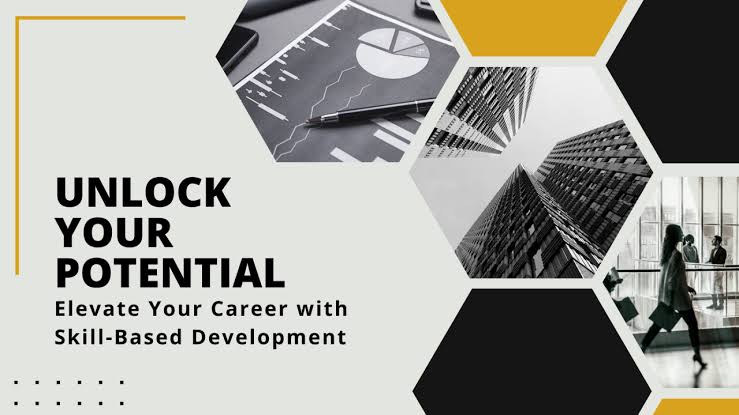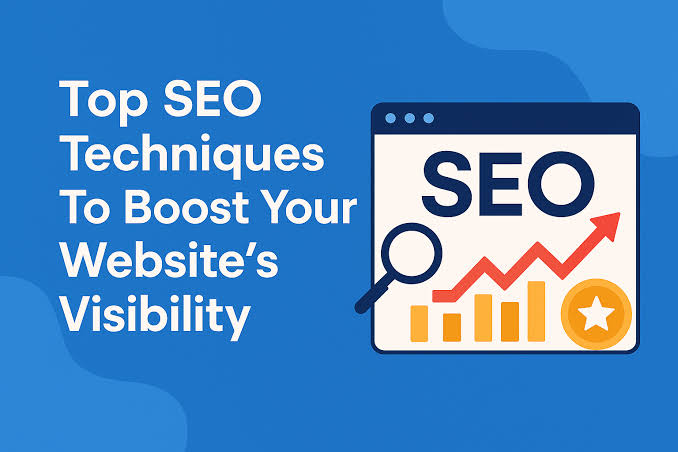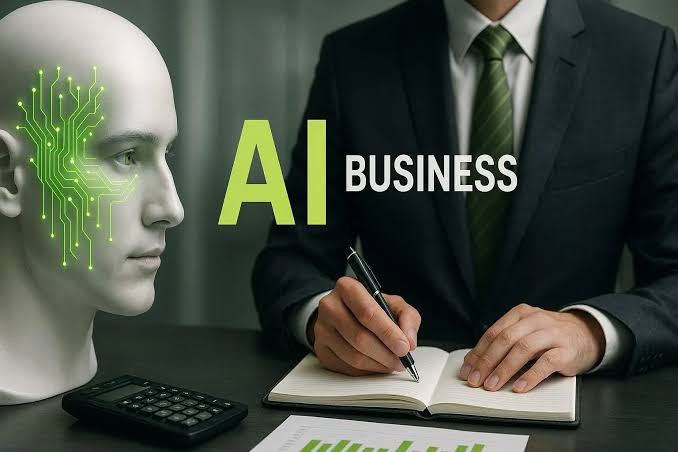In today’s fast-changing world, the ability to learn, unlearn, and relearn is essential for staying ahead. As of July 2025, industries are being reshaped by artificial intelligence, automation, global collaboration, and remote work — all of which demand new skillsets. Whether you’re a student, entrepreneur, employee, or freelancer, skill development is the foundation of personal growth, career advancement, and lifelong success.
Maximizing your potential doesn’t happen by chance. It requires deliberate effort to identify your strengths, improve your weaknesses, and evolve with the needs of your environment. Skill development isn’t just about gaining knowledge; it’s about expanding your capabilities and becoming more confident, adaptable, and valuable.
Why Skill Development Matters Now More Than Ever
The nature of work is transforming. Jobs that were once considered secure are now being replaced or redefined by technology. As industries evolve, so do the skills required to thrive in them. Upskilling and reskilling are no longer optional — they are critical for staying competitive.
Consider the following reasons why developing your skills is crucial today:
- Increased employability: Employers prioritize candidates who show a willingness to learn and adapt.
- Greater career flexibility: Skill diversity opens doors to multiple industries or roles.
- Higher earning potential: Specialized and in-demand skills can significantly boost your income.
- Improved confidence: Mastering new skills gives you a sense of purpose and achievement.
- Enhanced problem-solving: The more tools you have, the better equipped you are to navigate challenges.
By investing in your personal and professional growth, you become more prepared to face uncertainties, pivot when needed, and seize opportunities others might miss.
Identifying the Right Skills to Develop
Not all skills are equally valuable to everyone. To maximize your potential, it’s important to focus on the skills that align with your goals, industry trends, and personal passions. Start by asking yourself:
- What are the top skills required in my current or desired profession?
- Which skills do I already possess, and which do I lack?
- What am I passionate about learning or improving?
- Which future-proof skills will benefit me across different industries?
Based on current global demands, these categories are especially important:
Technical Skills
These are job-specific and often tied to digital tools or platforms. Examples include:
- Data analysis and visualization
- Coding and programming (Python, JavaScript, etc.)
- Cloud computing and cybersecurity
- UX/UI design
- Digital marketing and SEO
Soft Skills
Soft skills are increasingly sought after because they impact how you work with others and adapt to change. Key ones include:
- Emotional intelligence
- Communication and storytelling
- Leadership and team management
- Time management and prioritization
- Critical thinking and adaptability
Creative and Cognitive Skills
Creativity, innovation, and design thinking are major assets in a world that rewards originality and problem-solving:
- Creative writing
- Visual design
- Brainstorming and idea generation
- Strategic planning
- Innovation methodology
Effective Strategies for Skill Development
Once you know which skills to pursue, the next step is crafting a learning plan that fits your lifestyle. You don’t have to attend expensive universities or quit your job — there are more accessible and flexible methods than ever before.
1. Online Courses and Certifications
Platforms like Coursera, Udemy, edX, LinkedIn Learning, and Skillshare offer thousands of courses on nearly every subject imaginable. Many of them are affordable or free, and some provide certifications that enhance your resume.
Tip: Set a weekly learning goal — even 3 hours a week can lead to significant progress over time.
2. Learn by Doing
Nothing builds a skill faster than practical experience. Whether you’re learning to code, write, design, or manage people, hands-on projects allow you to apply theory in real-life situations.
- Build a personal project or portfolio
- Volunteer to take on new responsibilities at work
- Freelance or intern in your field of interest
- Start a blog, podcast, or YouTube channel to practice content creation
3. Join Communities and Networks
Surrounding yourself with others who are also developing their skills can inspire, challenge, and guide you. Look for:
- Industry-related forums and groups
- Local or virtual meetups and events
- Mentorship opportunities
- Accountability partners
Engaging with a community gives you feedback, motivation, and access to shared knowledge.
4. Practice Microlearning
With busy schedules, it’s helpful to break learning into smaller chunks. Microlearning involves short, focused lessons — through apps, podcasts, videos, or daily reading — that are easier to absorb and sustain.
Apps like Blinkist, Duolingo, Notion templates, and newsletter subscriptions make skill-building more manageable.
Measuring Your Progress
Maximizing your potential means being intentional about how you measure growth. Set SMART goals — Specific, Measurable, Achievable, Relevant, and Time-bound — to track your progress and stay motivated.
For example:
- “Complete a full Python course within 30 days.”
- “Write and publish one article per week for the next three months.”
- “Earn a Google Analytics certification by the end of the quarter.”
Celebrate your wins, even the small ones. Progress is a process, not an event.
Adapting to Lifelong Learning
One of the most empowering mindsets you can adopt is that learning never ends. The world will continue to evolve, and so must your skills. Those who embrace lifelong learning will always have a competitive edge.
Consider keeping a “Skill Journal” to reflect on what you’re learning, how it’s helping you grow, and what’s next. Each skill you acquire becomes part of a larger toolkit — one that strengthens your resilience, creativity, and leadership in any setting.
Conclusion
Maximizing your potential through skill development is not just about career advancement — it’s about becoming the best version of yourself. It involves continuous learning, self-discovery, and the courage to step out of your comfort zone.
As of 2025, the world rewards those who are curious, committed, and capable of change. Whether you’re starting from scratch or leveling up, every new skill you develop brings you one step closer to your goals — and to a more empowered, fulfilled life.



